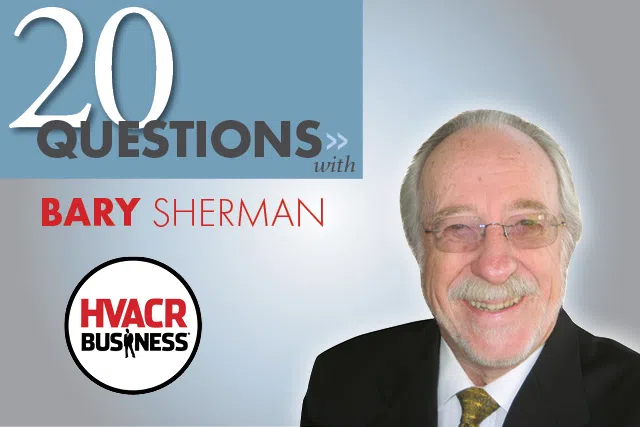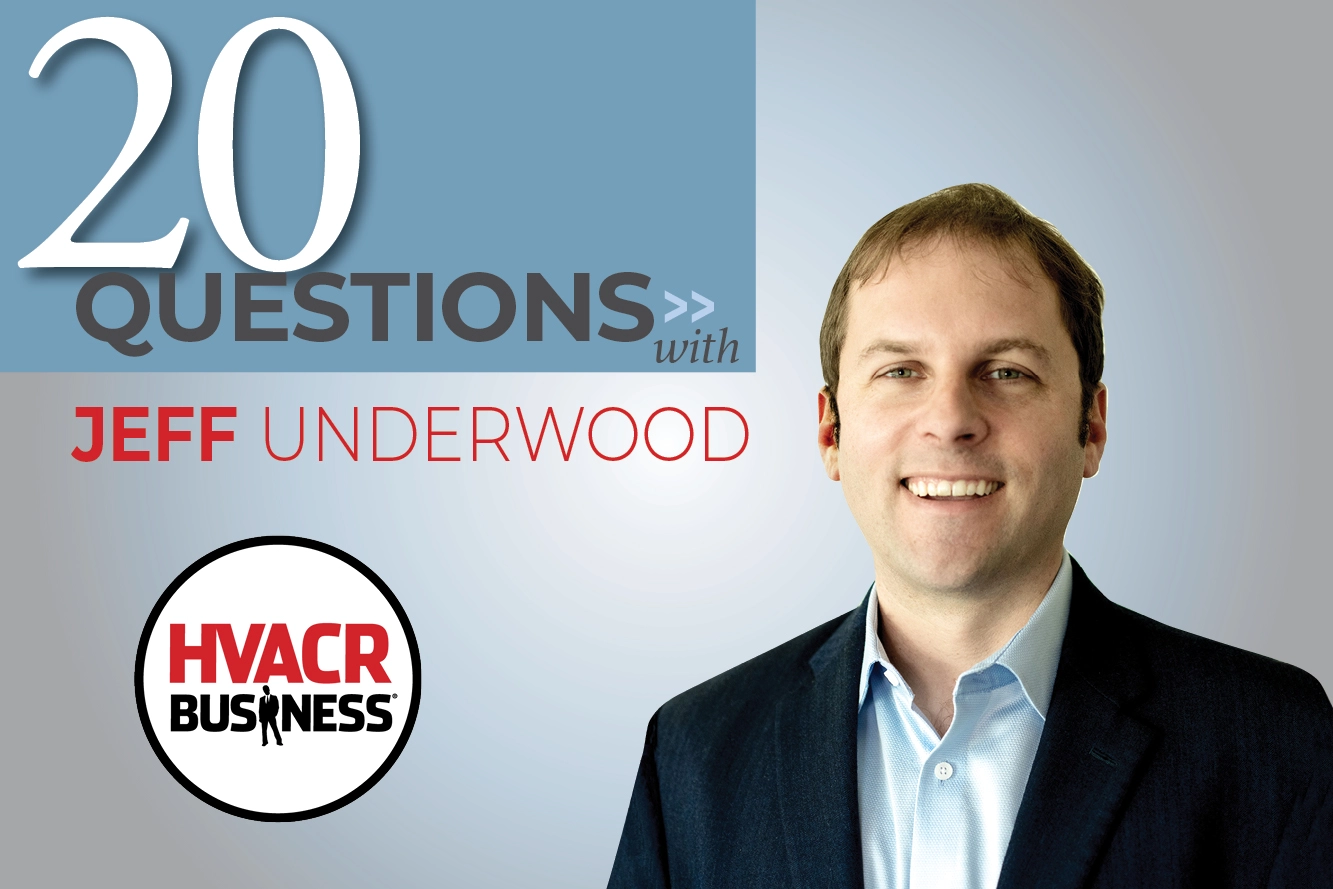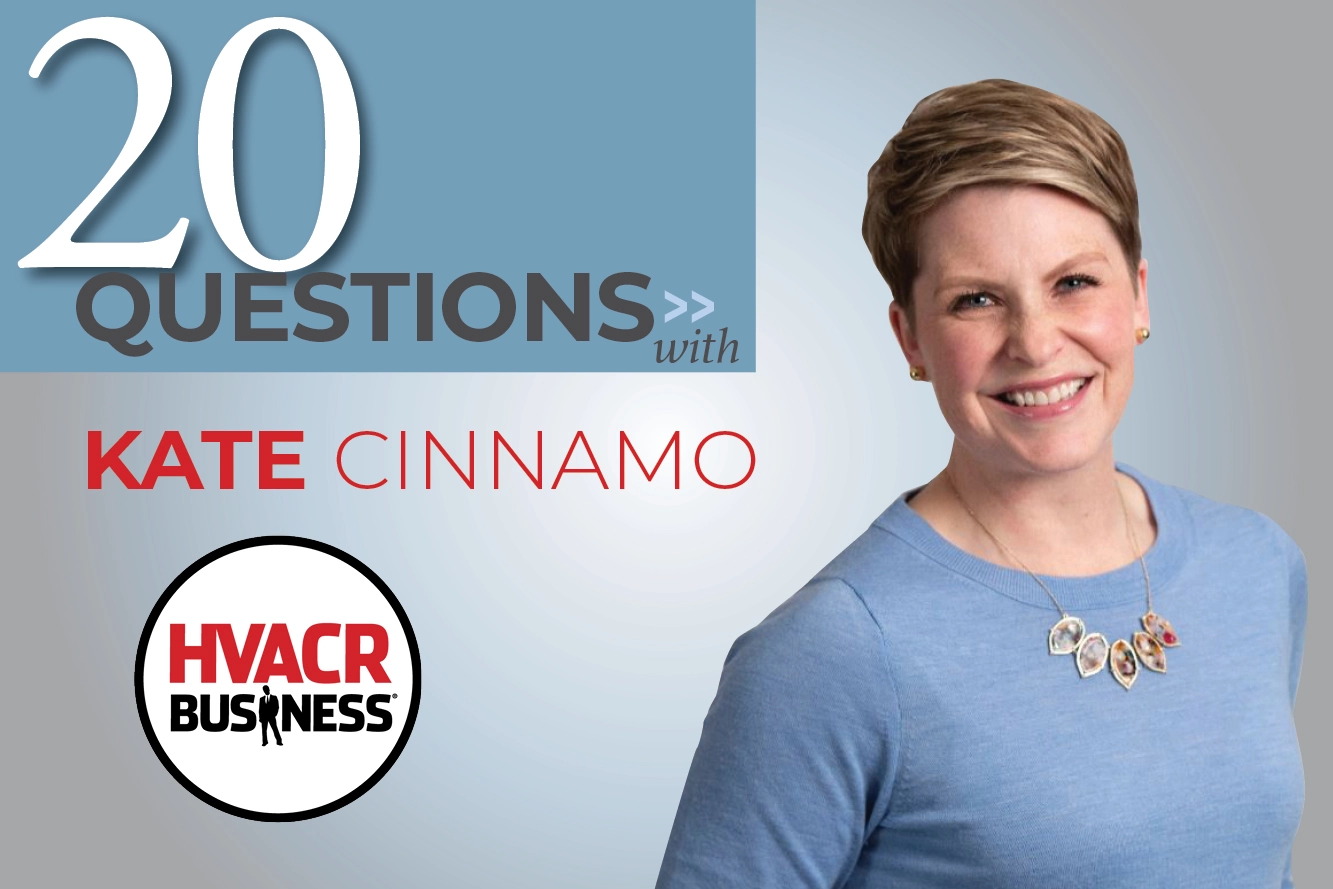Bary Sherman has helped companies of all sizes to become more efficient while reducing stress through his company's Personal Effectiveness Program (PEP). Recently, Publisher Terry Tanker met with Sherman to discuss how he's helped companies such as Toyota, Trane and Kraft Foods. They also discussed vintage cowboy hats, making fine wine and controlling email.
1. I heard you have an interesting collection. Can you tell me about it?
Yes, I have been collecting antique cowboy hats for 20 years. I've picked them up mostly from pawnshops and second-hand stores.
2. How large is the collection?
I have about 120 of them. Many are hanging from the rafters of our very old adobe ranch house here in Fallbrook, California.
3. Any other hobbies?
Flyfishing and winemaking. We actually grow Primitivo, which is the original zinfandel. We grow it here on our property, and I have a wine cellar that holds about 600 bottles.
4. What is the goal of improving personal effectiveness in the workplace?
As part of the human condition, we become overwhelmed and then rush to get things done. We don't try to do things poorly, but we don't have time for that second or maybe that third read over. The goal is to recover time to do more of the right things in less time and with less stress.
5. What's the first thing I should do each business day?
Do the worst things first. We tend to fill up time to avoid conflict or giving bad news, but it's better to be proactive. Getting the worst thing done first saves time, and you don't go home with that thing on your mind.
6. How does inefficiency at a personal level affect customer satisfaction?
It affects your ability to keep your promises — meaning — I promise to be somewhere at a certain time, or I promise to call back with information. If you don't call back and give complete answers, customers won't trust you, and they'll go to your competition.
7. Are we more efficient or less efficient at work because of the Internet?
It would be easy for me to say that the Internet has made us less effective because of email, but I don't want to say that. It's about lack of processes and protocols — how we handle email — that makes it so inefficient. We've been given email as a tool, but we haven't been given any rules on how to play the game.
8. Such as?
If you want to get less email, send less email. Get off of distribution lists, and cc: lists. If there are more than three cc:s on an email, don't read it. And people are terrible about subject lines. Subject lines should tell the recipient what's in the email without opening it up. Finally, don't use email for collaboration. It is a lousy collaborative tool.
9. Do businesses suffer from the same personal inefficiency problems regardless of size?
The larger the business the bigger the problems, and that's because everybody sends everybody else emails, and everybody thinks that they need to have meetings to decide things.
10. Is that maybe largely due to the CYA theory?
Unfortunately, there is too much CYA, but it's a lot of FYI, too.
11. How should employers assess the organizational skills of perspective new hires?
In the case of sales people, the most important question might be, How do you plan your day? Sales is about campaigns or projects, so ask how they would plan to get an appointment with a prospect, and how they would plan to take that prospect and make them into a client.
12. How does that change for an internal person, in customer service, or an administrative role?
First, do a needs assessment — whether it's formal or informal — to know exactly what skills people need. Then prescreen, before interviewing candidates, making sure candidates have the skills or that you are willing to invest in teaching them the skills they need.
13. Do you find younger workers are better at time management?
Absolutely not. They are no more effective at using technology as a productivity tool than the more senior folks. Just because they know how to surf the Web doesn't mean they can determine the importance of information, file it properly, and be able to find it quickly later when needed for a project or plan; or to transmit that information to other coworkers effectively. They've never been taught these skills.
14. What are some of the easier ways for company owners to fix this problem?
Give people quality training on how to effectively use the tools they have. Have a budget commitment and give permission for people to invest part of their day in learning something new. There are thousands of resources available, and oftentimes at very moderate cost.
15. A lot of your advice focuses on Microsoft Office programs. What about field employees?
We talk more about Outlook only because that's what most people use, and our focus has mostly been in the white-collar environment, but we've also worked with field technicians.
16. You've worked with large corporations such as Trane and Toyota. What were their goals?
Their goals were to maximize the effectiveness of their organizations. Even before this recent downturn in the economy, they were always conscious of cost, but they also had a concern for the quality of life of their employees.
17. Does your company have a mantra?
"Do it Now." We call it the four "Ds" — Do It, Designate It, Delegate It, or Delete It! It's a real practical way of making decisions. It doesn't mean you can do everything immediately, but you can make decisions around that.
18. What productivity issues do you personally struggle with?
My productivity issues are the same as everyone else's. We all have a thousand good ideas, a thousand things we'd like to do to grow our businesses. But these days it's not what you want to do; it's what you've got to do.
19. What's the most difficult thing about personal efficiency?
Changing habits. It takes time, wanting to do it, learning how to do it, and investing the time to do it. But that's how you get common-sense ideas to common-practice habits.
20. Give me an example of using that extra time effectively.
When it's time to go home, don't just close up and walk out the door. It's very important to take the time — and it's probably only 10 minutes — to plan and make sure you are ready for tomorrow.






